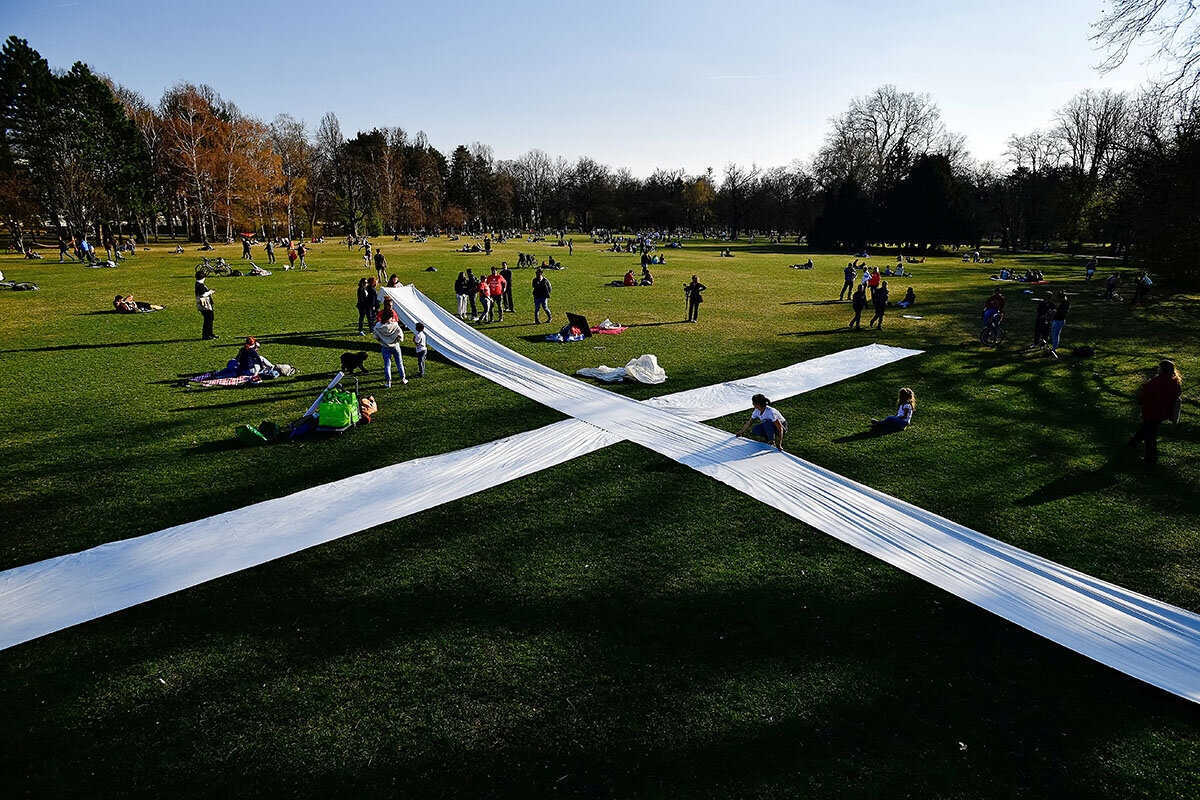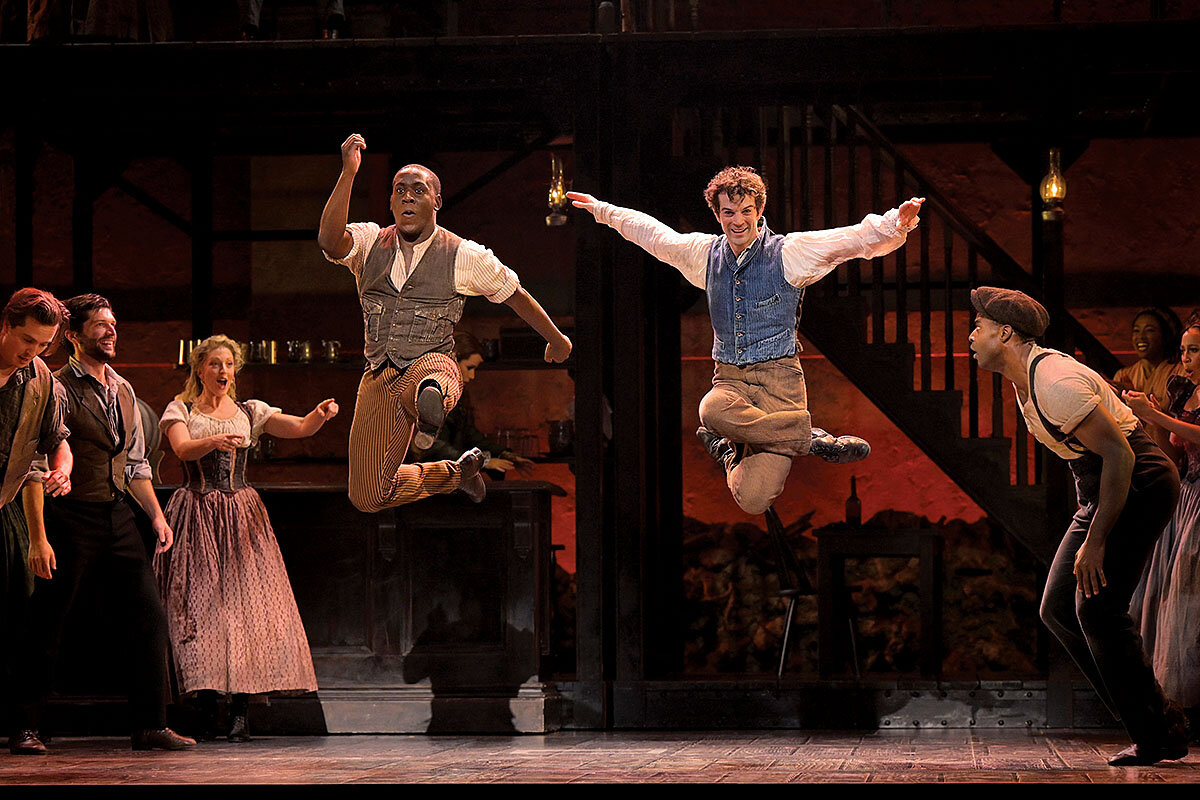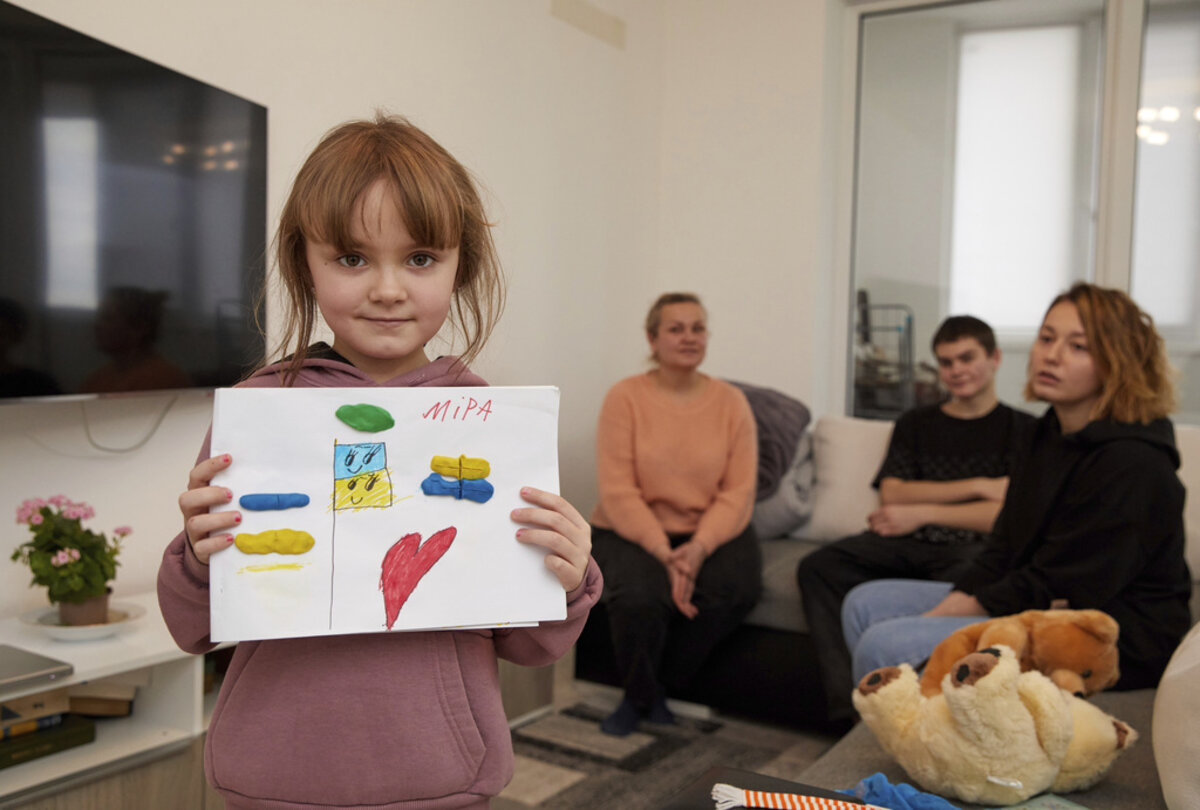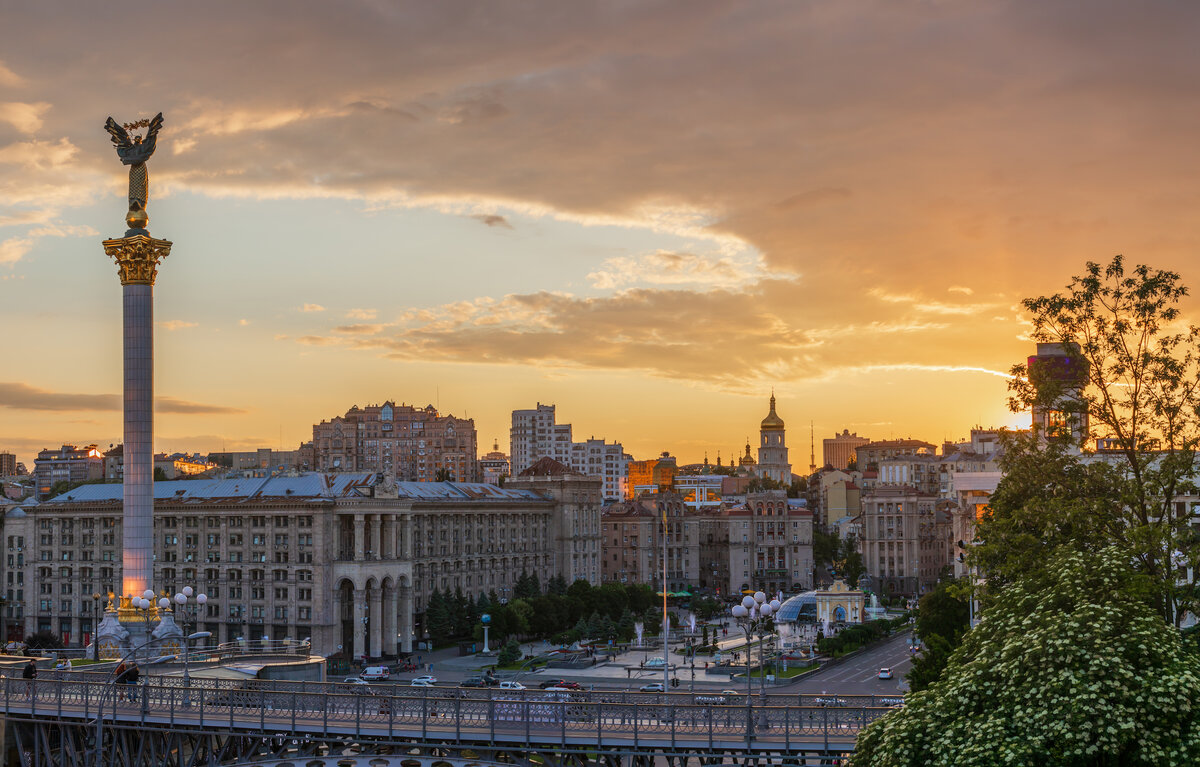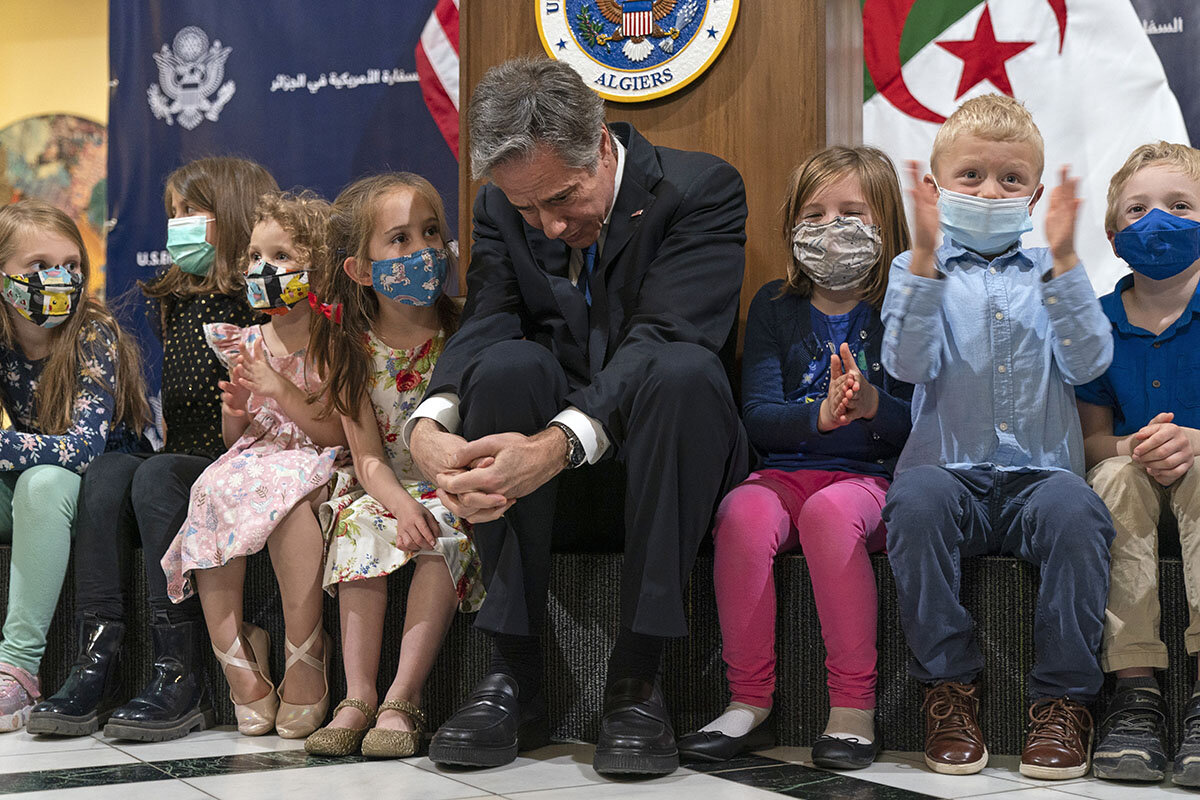If you’ve followed Florida’s new law banning sexual orientation instruction in schools, this story from Hungary may sound familiar. Our reporter finds political rhetoric about family values and parental rights at odds with the values of inclusivity and tolerance.
Monitor Daily Podcast
- Follow us:
- Apple Podcasts
- Spotify
- RSS Feed
- Download
 Linda Feldmann
Linda Feldmann
Three weeks ago, Ali Willis got a phone call, and knew she had to go. Russian-speaking friends had gone to a Polish border town to help humanitarian workers with refugees, and more help was needed. Ukrainians, who generally know Russian but not Polish, were pouring in. Soon Ms. Willis, a communications professional in London who speaks Russian, was at the border.
That’s where she spotted a woman and her toddler son – Alina Serbinenko and Emmanuel – and immediately took them under her wing. Ms. Willis had already seen how young women and children in such circumstances can “fall into the wrong hands,” as she says. Ms. Serbinenko and Emmanuel, both weak from illness, seemed especially vulnerable.
Ms. Willis managed to connect mother and child with a host family in Germany via ukrainetakeshelter.com, and three days later was on a plane with them to Munich. She marvels at the leaps of faith required in the massive undertaking of finding temporary homes for Ukrainian refugees.
“Who were we to those we met?” Ms. Willis writes on Facebook. “How did Alina’s parents near Kyiv know their daughter and grandson would be safe with me? How did I know Alina would be safe with the German family found on a website? We all just had to put our faith in our fellow man.”
Ms. Serbinenko’s mother and teenage brother have now joined them in Germany, and soon the Ukrainians will move into their own temporary housing. Ms. Willis has left, but remains in touch with her new friends.
To me, none of this story is surprising. I’ve known Ms. Willis and her wonderful family since she was a little girl, when her father, David Willis, was the Monitor’s correspondent in Moscow. I was there as a student.
Ms. Willis went on to study Russian at university, and has used her linguistic skill over the years in her work. And sometimes, she has shown, knowing a foreign language can be a lifeline for a family in peril.




